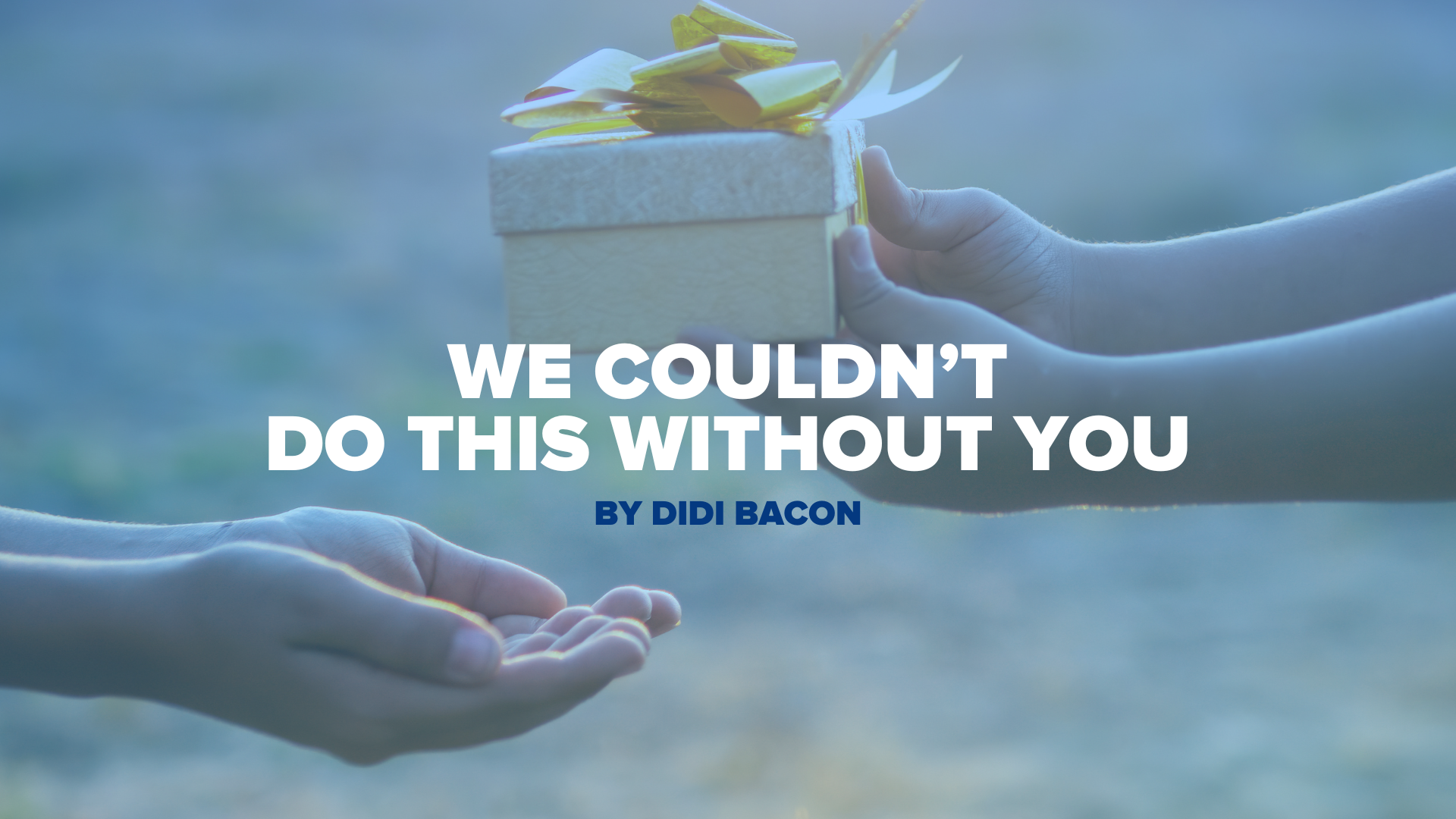Happy New Year!
The New Year gives us an opportunity to slow down, ponder, and plan for the future. There are a few things that I do to usher in the new year.
The first is to go to bed on New Year’s Eve at our usual bedtime! I give Shannon a kiss and I tell her, “See you next year!” I guess we must be getting old. Haha.
The second is to take time during the week before January 1st to reread and reflect on my all my journal entries from the year. I have heard it said that you don’t need a great memory to remember, you just need to be disciplined in reviewing. I write it down so that I can go back and review, so that I can remember what God has done and what He is doing.
“This is what the Lord, the God of Israel, says: write down for the record everything
I have said to you, Jeremiah.” (Jeremiah 30:2)
As I page through my entries, I note what happened, scriptures that spoke to me, and things that I learned. I struggle with always being future focused. I don’t celebrate the wins because I am on to the next thing. I miss out on important lessons because I don’t want to slow down to reflect.
“I pondered the direction of my life and turned to follow your laws.” Psalm 119:59 NLT
My pondering follows a basic template that my friend, Alan Ahlgrim, taught me:
-
- Review – what happened?
- Analysis – what did I learn?
- Plan – what will I do?
“Careful planning puts you ahead in the long run; hurry and scurry puts you further
behind.” Proverbs 21:5 (The Message)
I evaluate the year against my goals. My goals for the year center around one word. I have shared about how to find your one word for the year many times. It comes from the teaching found in the book, One Word That Will Change Your Life by Jon Gordon, Jimmy Page, and Dan Britton. My one word for 2023 was GROW. And boy was it a year of growth, painful growth, personally, in my family (we had 3 granddaughters added to the clan), and in the ministry.
I use the process of working toward my goals for the year with the Full Focus Journal system. One big change for me in 2023 was to do some work on the goals behind the goals. Let me explain. In the book Atomic Habits: An Easy & Proven Way to Build Good Habits & Break Bad Ones by James Clear, the author talks about the difference between goals of achievement and goals of identity.
Goals of achievement are goals that are about doing. Examples of goals of achievement would be:
-
- I want to lose 50 lbs this year.
- I want to get certified as a level 2 analyst.
- I want to increase my sales 20%.
Goals of identity are different. A goal of identity is about being. An example of a goal of identity would be:
-
- 1 Corinthians 6:19 – 20 says that as a Christian my body is not my own.
- My body is a temple (literally a dwelling place) of the Holy Spirit.
- Therefore I need to treat my body like a house of God.
- I am going to eat healthy.
- I am going to exercise regularly.
- I am going to make sure I get my 8 hours of sleep a day.
- I am going to stop scrolling on my phone mindlessly.
Goals of achievement are easier to come up with but harder to maintain in the long run. This is due to the fact that most goals of achievement have a time limit. When you reach your goal it is done and over. You have to come up with another bigger and better achievement. Goals of achievement don’t usually get to the deeper heart-level aspects of who you are.
Goals of identity take deeper work. They take ponder time. But they are more powerful to bring about good results. They go to the questions of your why. They speak to your purpose which in turn, drives your practices.
I worked on my goals of identity during a time of retreat in September. I began with a simple question, “Who am I?” Since I believe in the Word of God, it was a question that I took to the Lord in prayer. “Lord who am I? What does your word tell me, and how does that apply in the details of my life situation now?” During that time I came up with three goals of identity for me.
First, I am a man of God. That means my first calling is to love God with everything I have and to love people in the way God loves them. I am a child of God called to do my part in the family business. The applications of that identity for me are found in my life as a Christian, as a husband, as a father, as a grandfather, as a friend, and as a citizen.
Second, I am a Senior Minister. My vocational calling is to serve the Mount Carmel Christian Church. With the gifts that the Spirit gives, I am to lead the church in pursuing what Jesus has called the church to do: go into the world, make Jesus followers by bringing them to faith, and by teaching them to follow by faith (Matthew 28:18-20).
Third, I have a calling to be a coach. To help others with the wisdom, gifts, and experiences God has provided to thrive in life. To do my part to release the potential God has put in those I coach.
It is from these goals of identity that I lay out my goals of achievement. It is how I plan out my days and commitments. It is how I evaluate my wins and my failures.




